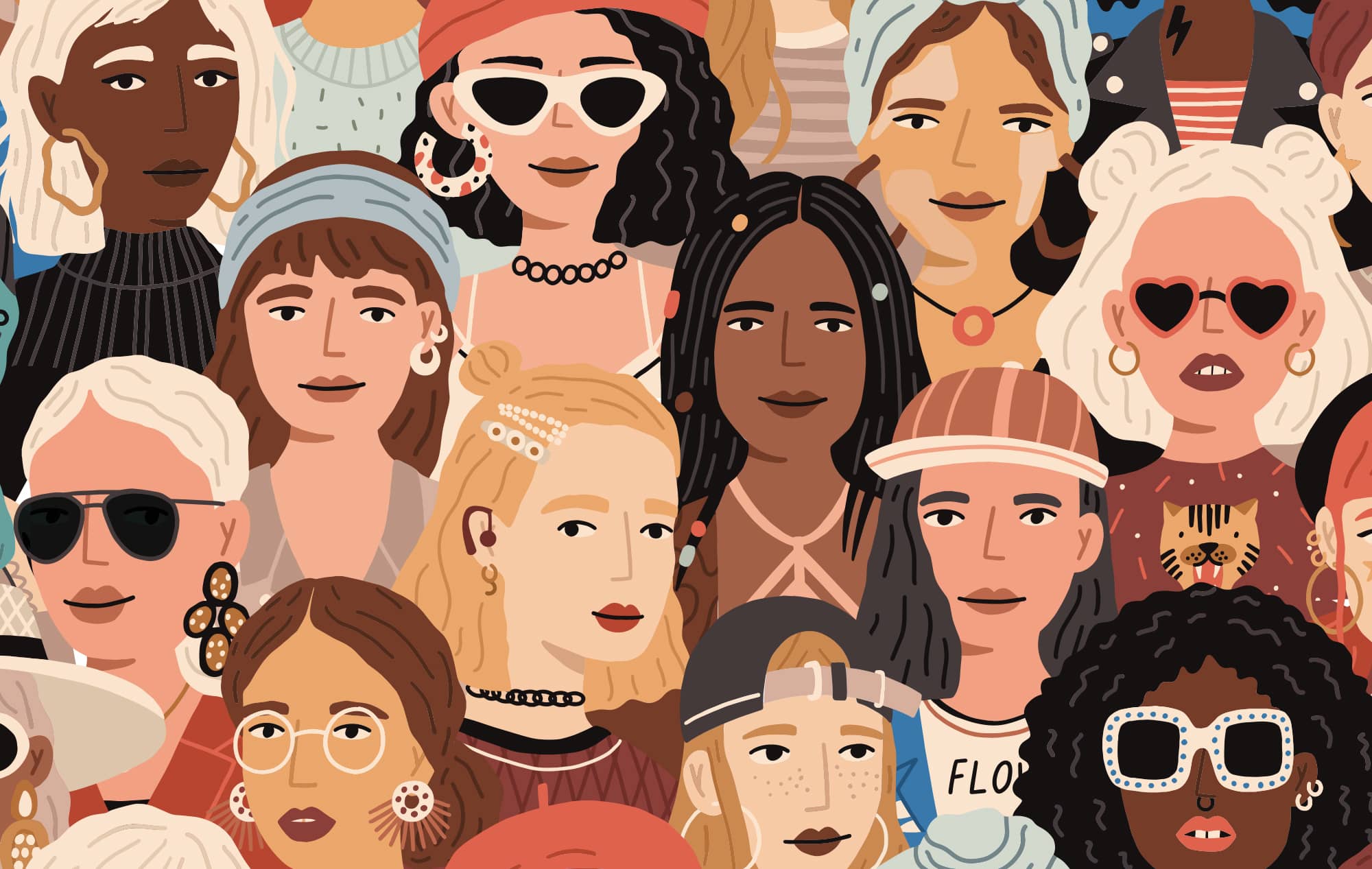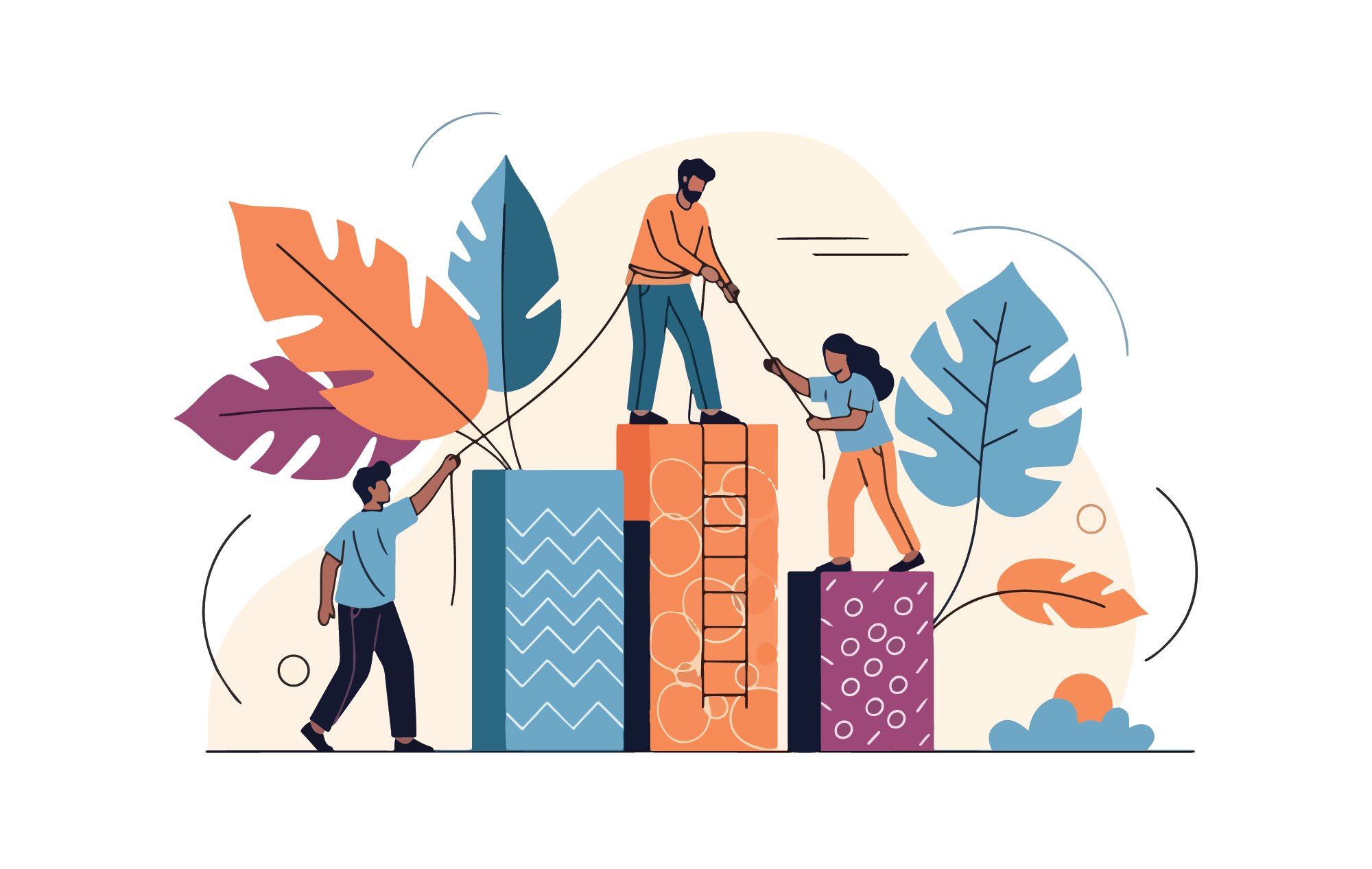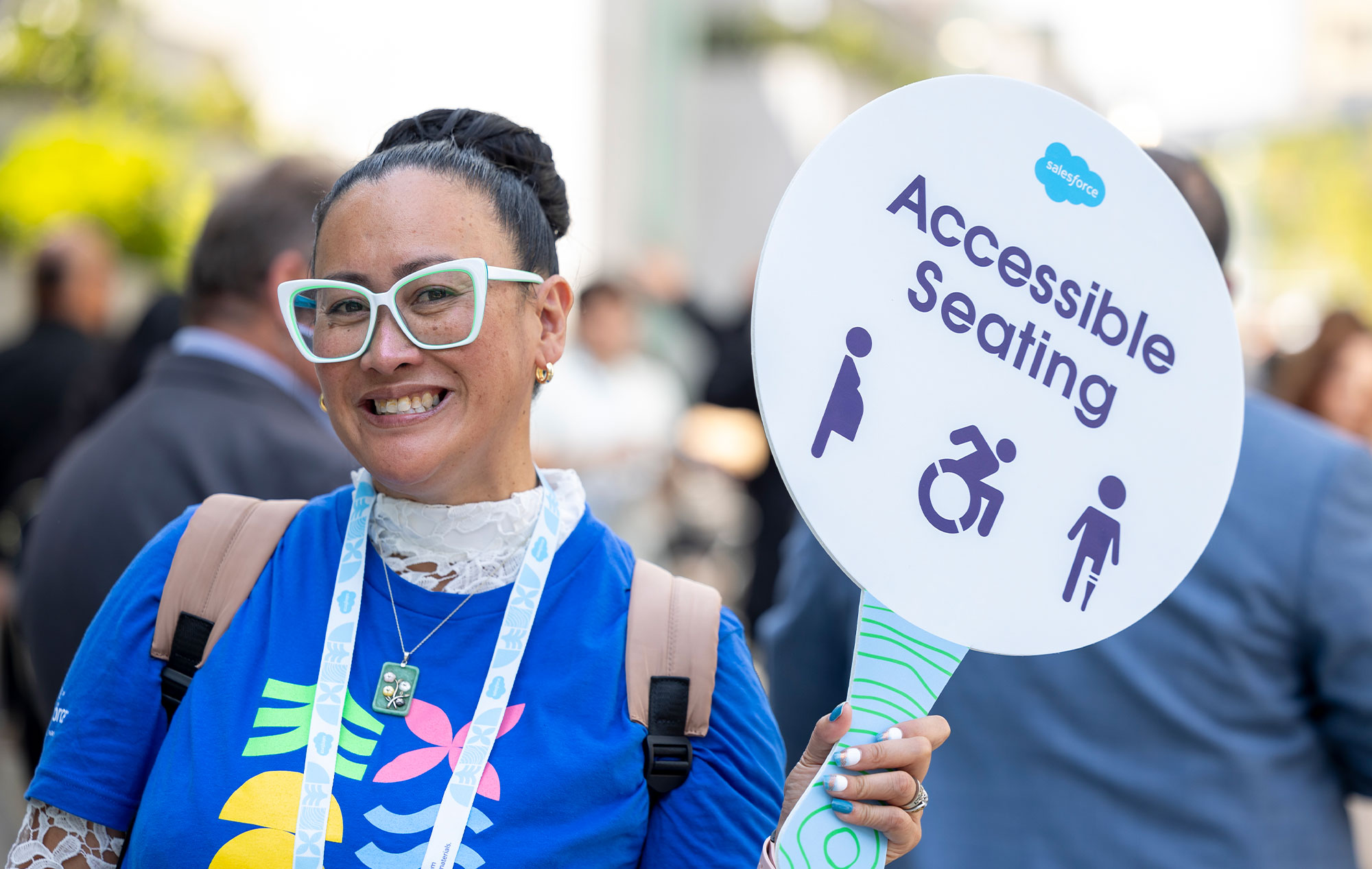Many fear that their attempts to practice greater inclusion and increase personal awareness might end up backfiring.
They worry about unintentionally harming others, or being perceived as inauthentic. They want to champion cultural change and be a part of the solution, but the risks of misstepping often cause passivity and inaction.
Let’s compare what it looks like to advocate for greater diversity, equity, and inclusion (DEI) in your workplace authentically and inauthentically. Then we’ll consider a few concrete practices you can adopt to effectively foster social change on your team and within your organization.
Approaching DEI From an Inauthentic Place
To adopt the proper approach to DEI, it’s best to first consider what an inauthentic posture looks like.
For instance, acting from a place of compliance “can make employees feel different and uneasy,” say Oriana Di Stefano, an equality talent partner for Salesforce concentrating on people with disabilities in Southern Europe. This can end up otherizing or tokenizing team members.
Instead, she believes “treating people with disabilities as anyone else helps a lot with inclusion.” By creating an inclusive and accessible working environment, professionals with disabilities can flourish whether their disability status is known or remains undisclosed.
Whether or not you have the right intentions with regards to DEI—hoping to remedy current social injustices or help others experience greater inclusion and belonging—you can end up showing up inauthentically or being perceived by others as such.
“I think that it is very human for us to want to be viewed in a certain way, to want to be seen as progressive or on the right side of something,” says Camille Edwards, a DEI educator with more than 15 years of experience.
However, such desire “to know that people think you’re a good person” can motivate us to act in hurtful or unproductive ways. This can be a difficult drive to overcome.
“Nobody wants to be labeled as bad,” Edwards continues. “Nobody wants to be labeled as incorrect. Naturally, in our brains, we're preserving that part of ourselves. That comes up with bias work all the time.”
Taking on postures that are not authentic to you as a person or organization is commonly referred to as “virtue signaling” in DEI circles, she explains, adding:
“You start to do things that are not true to you because you don't want to be mislabeled or misrepresented as something that you know is negative. But then you start doing things that end up being mission misaligned.”
From an organizational perspective, championing DEI through marketing channels may be perceived as insincere or performative if you’re not walking the walk, such as prioritizing disability representation in company leadership.
Alternatively, some Fortune 500 companies, including Salesforce, are holding themselves accountable by publically tracking their efforts to increase diversity and representation.
It’s not uncommon for inauthenticity to rear its spurious head in organizations hoping to preserve their good reputation or unsure how to transform their corporate culture. Companies and nonprofits must be careful not to imitate what others are doing without understanding their own context.
“There are organizations that will be really motivated by what they see in another organization's strategic plan, and be so inspired by their language,” says Edwards. “And then they find that they're using language that isn't authentic to them. It is so common, right? They're like, ‘I love the way that that sounds.’ And then you talk to people on the ground, and they're like, ‘I don't really know what that means. But we like it.’”
If employees and team members can't speak clearly about your DEI values, mission, or vision, then “it means they haven't been enrolled,” she emphasizes. “It's similar to when you go shopping and you're like, ‘Oh my gosh, that color looks great on her. I'm gonna buy a coat in the same color.’ That wasn't your color.”
So what does it look like to adopt an authentic approach to DEI?
Embracing an Authentic DEI Strategy
For individuals aspiring to be authentically more inclusive toward team members or clients, serious introspection is essential. Reflect on the ways in which you impact others in your circles.
“So very often we ask people to do self-inventories,” shares Edwards, “little things you are working on to be a more inclusive and mindful communicator.”
This can include interrogating your social media accounts, evaluating the demographic make-up of your neighborhood, friend circles, and who joins you at the dinner table every week. Evaluate what kind of people you interact with on a regular basis.
“You can't have a goal of being more inclusive,” she cautions, “if everywhere you go, you're living in a world of homogeneity. That's not an authentic goal for you.”
Edwards recommends doing individual vision and values work, asking yourself:
- Who am I today?
- Who do I say I want to be?
- When I am my best self, what do I stand for?
- What do I believe in?
- How do I navigate through some days?
- What messages am I getting about how other people are receiving me?
- What can I do to be activated around exploring?
- What do I need to do differently to be seen in the way that I'm trying to be seen?
Expand Your Social Circles, Request Feedback & Find an Accountability Buddy
Ultimately, it’s about expanding your social and professional circles and improving from where you stand. Identify your current position and then move toward where you want to be. In the realm of authenticity, it’s better to be realistic than idealistic.
Realists make genuine progress, while idealists tend to virtue signal or become emotionally defeated. Clarify a few areas for improvement and make baby steps forward.
“Very often there are gaps for all of us, no matter what work we're doing,” Edwards observes. To overcome these knowledge gaps and establish inclusive habits and practices of belonging, the value of a trusted friend or “accountability buddy” can’t be overstated.
“I think it's about requesting feedback, asking people that you trust about the things they experience of you,” she explains. “Talk to people about what some of your goals are and find accountability buddies to help keep you honest and activated in the work.”
Find at least one person within your organization or team that is willing to provide you the hard truths DEI work often requires. You want to befriend somebody who is willing to be “honest about how far you can push, when you've gone too far, or when you haven't stepped far enough,” Edwards notes.
This forthrightness can be demanding and requires a strong relationship that takes time and effort to develop, which is why the veteran DEI educator encourages people to have only one or two accountability buddies.
Tough love is an invaluable gift between friends.
“There's a way to meet people with love and direct communication,” she says. “So I think people have to get intimate with what their own personal goals are. I think people have to explore what their identity markers are, and then think about who they want to be in the world.”
A reliable accountability buddy will help you discern your knowledge gaps and “find strategies and specific goals that will help you manifest that person in your personal and professional life,” explains Edwards.
Salesforce is a founding partner of InclusionHub, a comprehensive online resource directory and content hub dedicated to helping businesses become more accessible and inclusive. Explore InclusionHub’s Resource Directory to learn more about tools and solutions available to your organization.





Leave a Comment